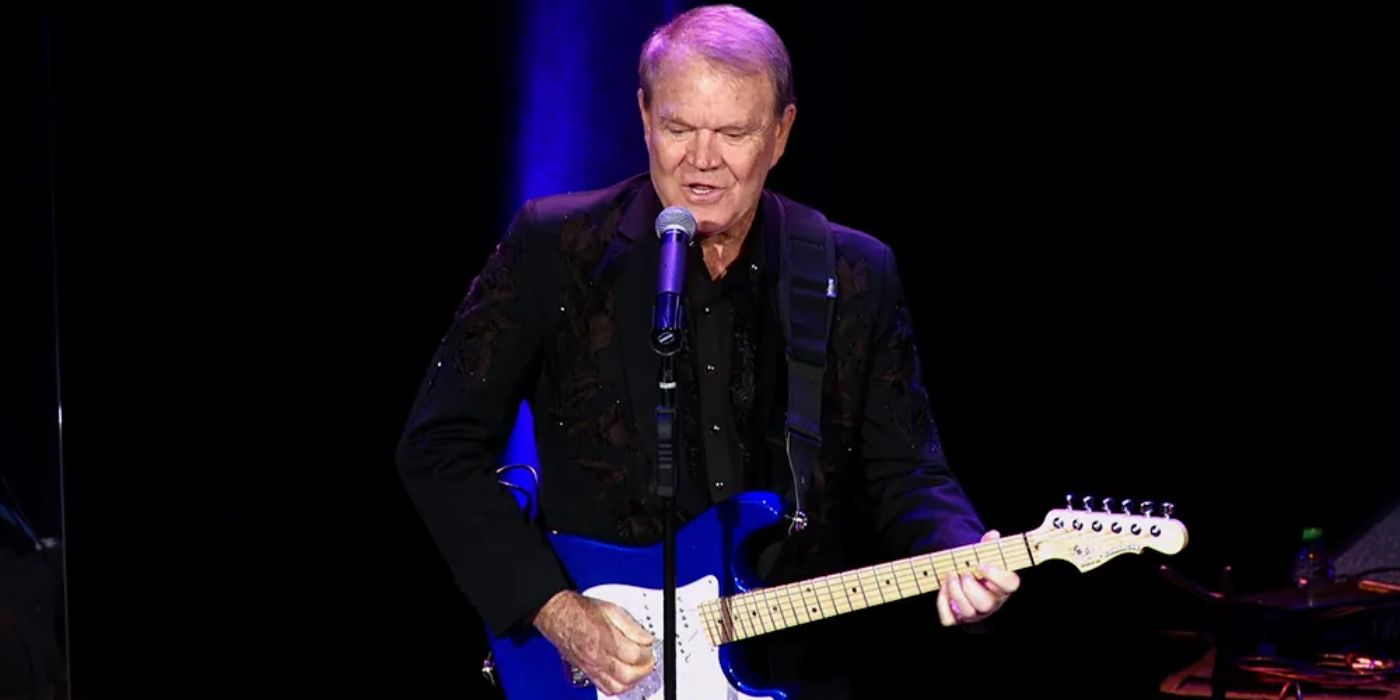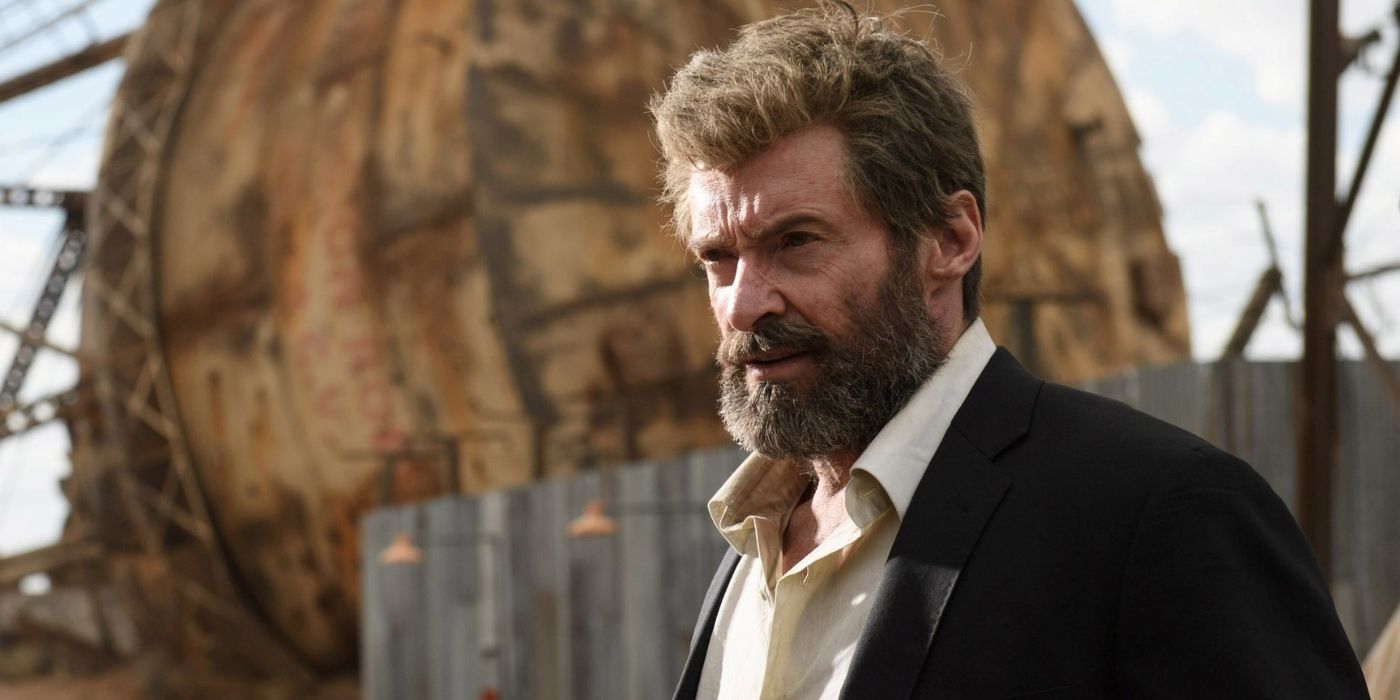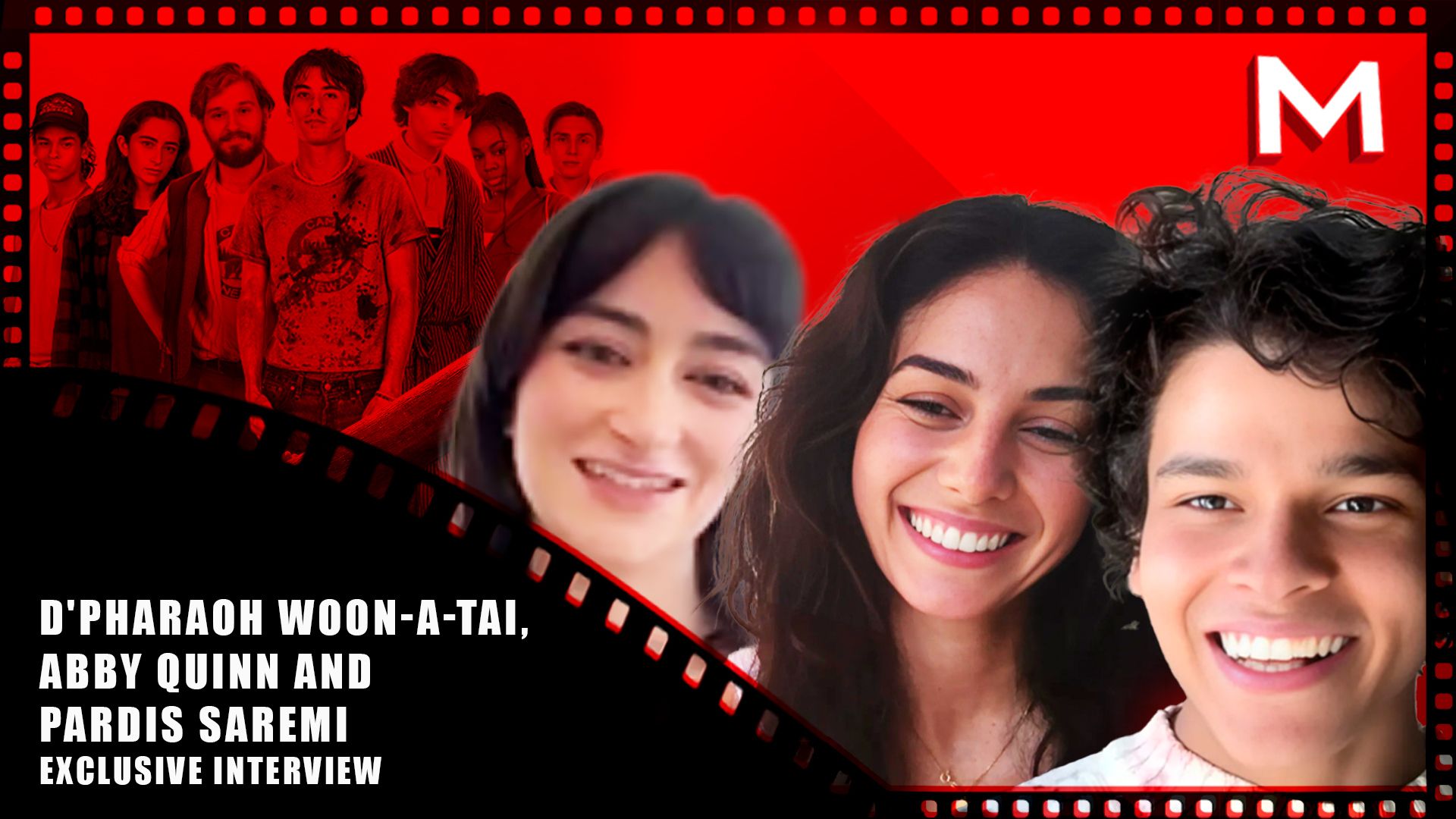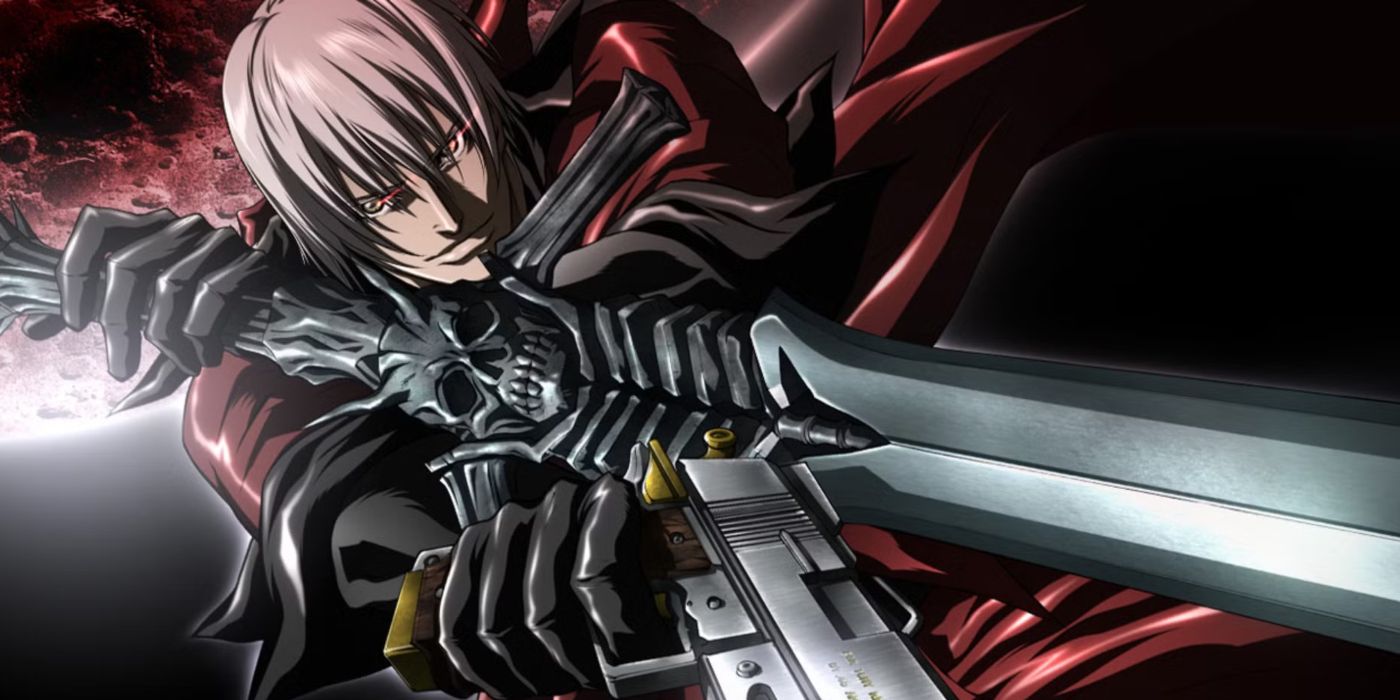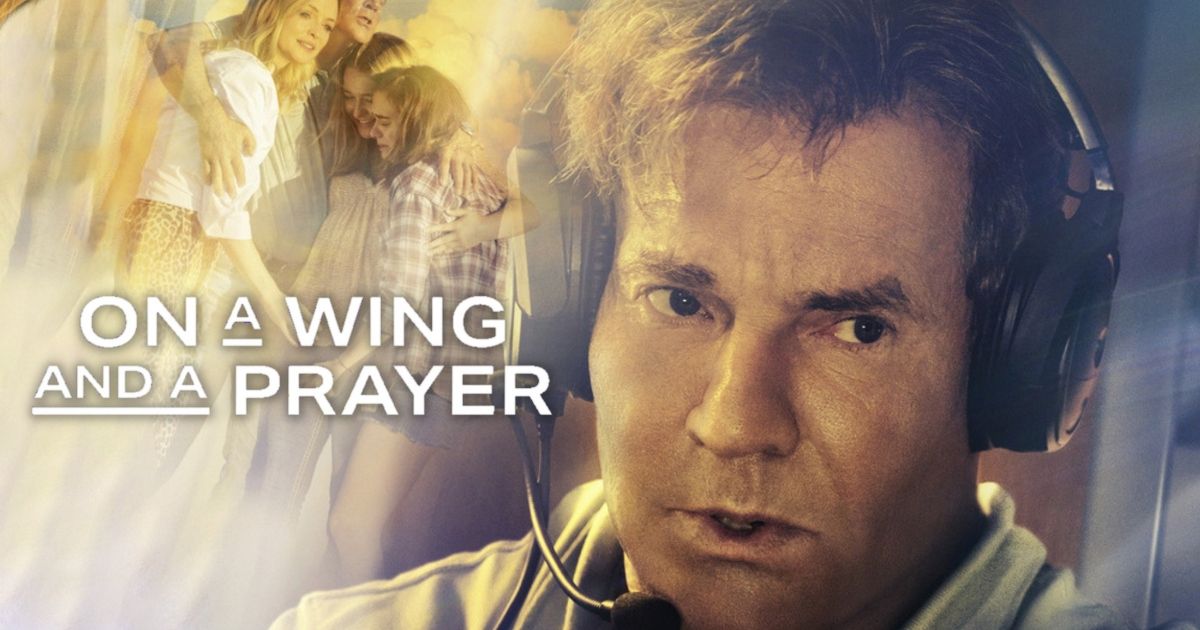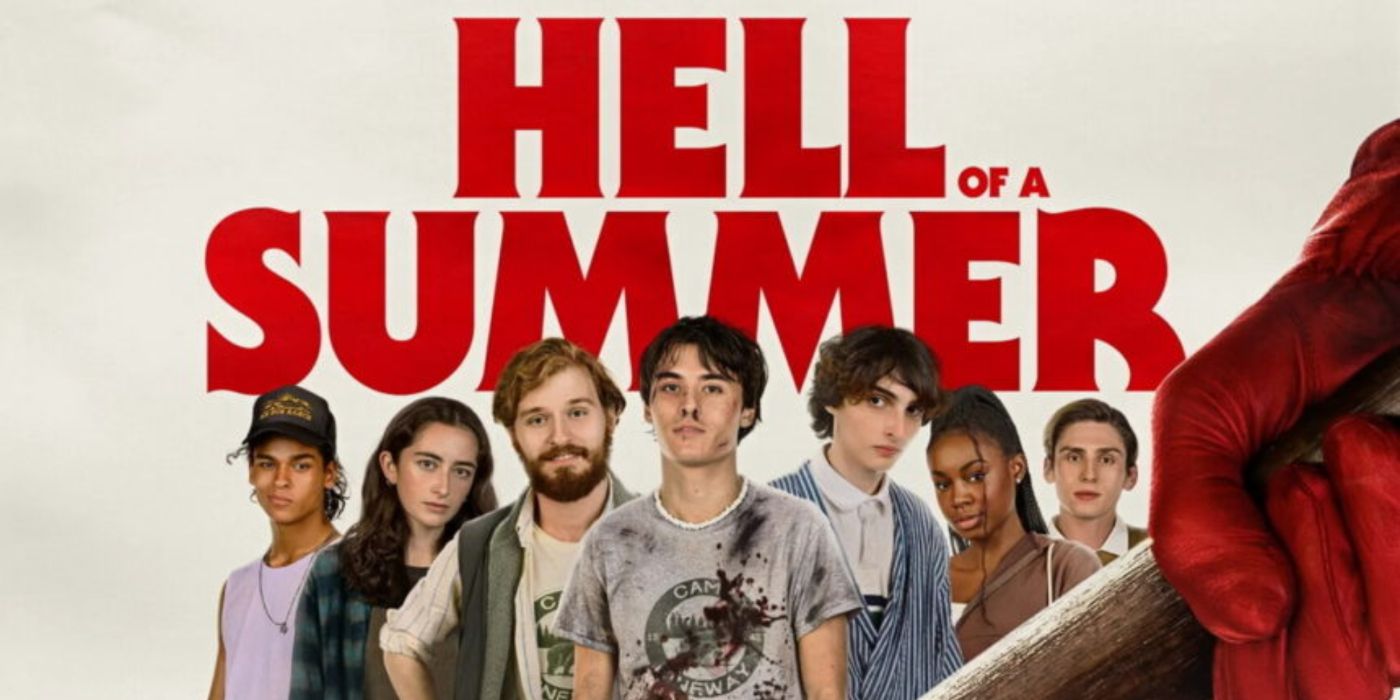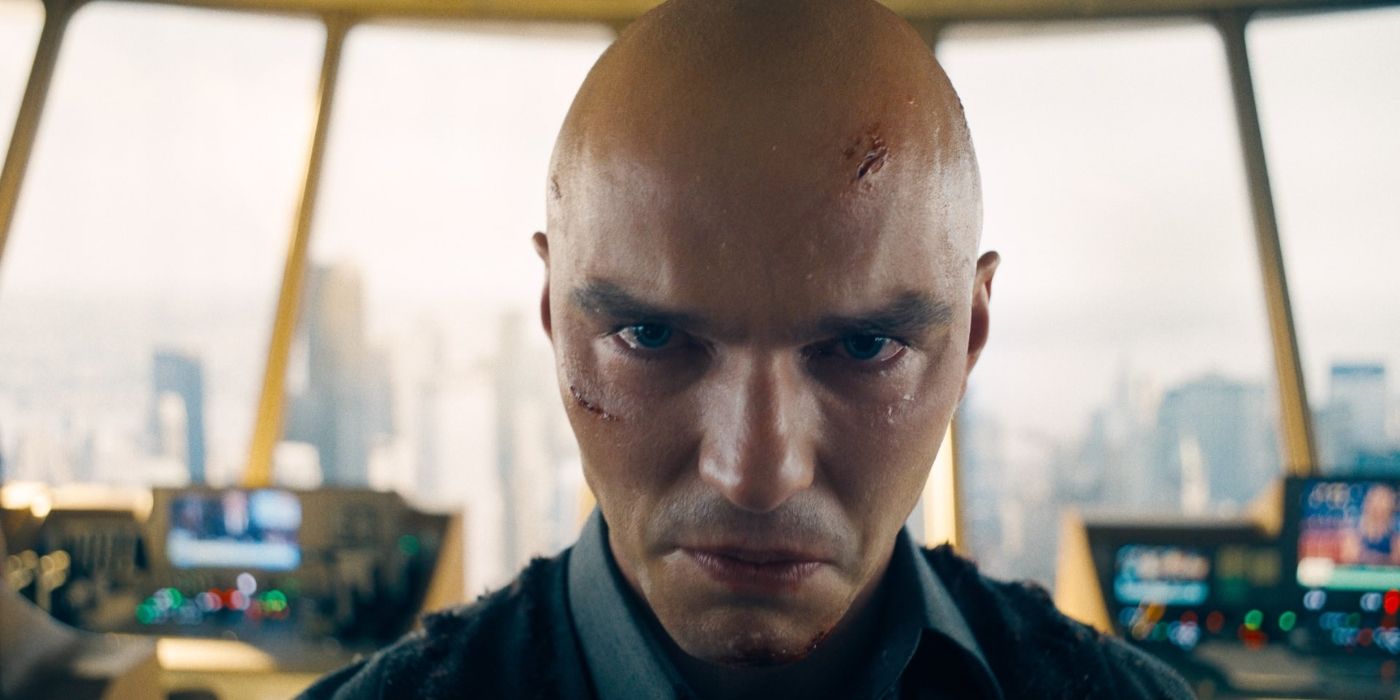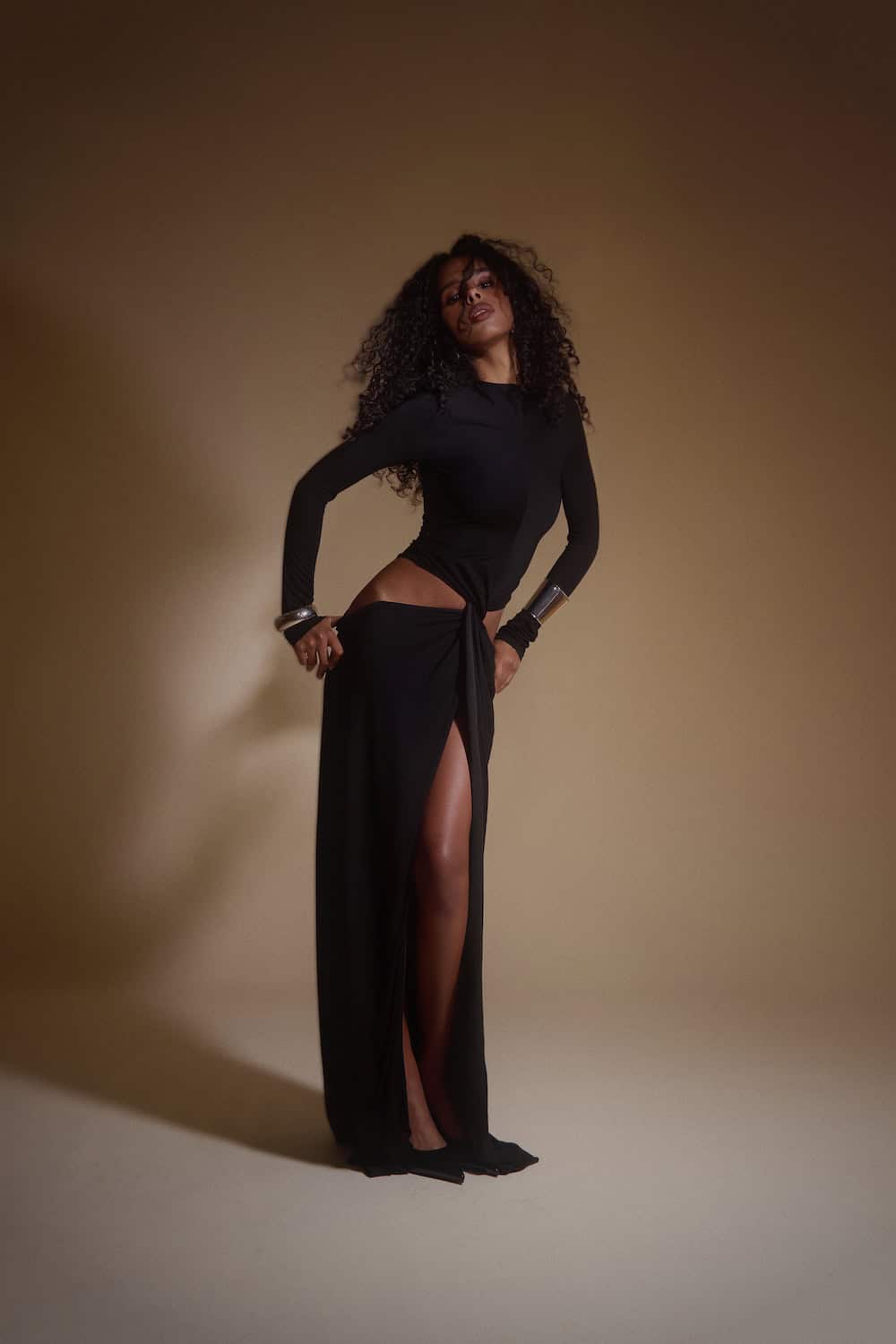Assigned female at birth, Tipton assumed a male identity not solely as a vehicle to achieve his artistic ambitions but to carry out every facet of his life. Tipton married, adopted three children, and spent many years as a devoted family man. Upon his death in 1989, however, he was grossly outed by the media and his authentic existence was painted as one of deceit.
His widow, Kathleen “Kitty” Tipton, and eldest son were left to defend the fact that they didn’t know the details of Tipton’s physiology on talk shows that misgendered their loved one. The scrutiny demanded specifics of her intimacy with Tipton and questioned whether his fathering was insufficient for not being a cisgender male. Branded as liars, with their mourning process unfolding under a public microscope, a final blow was issued with the publication of Diane Middlebrook’s opportunistic book Suits Me: The Double Life of Billy Tipton.
Playing it safe in terms of the format but intentional in inviting voices with substance, Chin-Yee and Joynt enlist well-versed speakers such as artist Zackary Drucker, writer Amos Mac (also credited as a writer in the project), and authors Thomas Page McBee and Susan Stryker to comment on Tipton’s transition from famed musical act to private husband and dad, and ultimately to bastion of courage.
The interviews here are commonplace in execution—individuals sit in empty areas of a nightclub in alluding to Tipton’s work—but they veer between the personal and broader topics around trans identity and gender. The vast majority of those on screen are trans people getting the opportunity to assess the issues facing them on their own terms and not in reference to the cis establishment.
Crucial also to the documentary’s intent is the acknowledgement of the historical presence of trans people in all areas of society, as a way to regain a sense of belonging so long denied to this community. To learn that there were pioneers like Tipton living as their true selves, when their truth was not validated at all, forges a sort of lineage reminding trans folk that their contributions are longstanding. It becomes the movie’s most potent argument.
As an avant-garde device, the filmmakers pepper the conventional sections of conversation and historical information with a series of auditions where trans actors read lines as if playing Tipton. The intent is at least intriguing, even if confusing. To further complicate our limited understanding of this choice, at the some point one of the men and writer Amos Mac share a moment during an audition about a different connection they have that’s never explained.
You can view the original article HERE.

